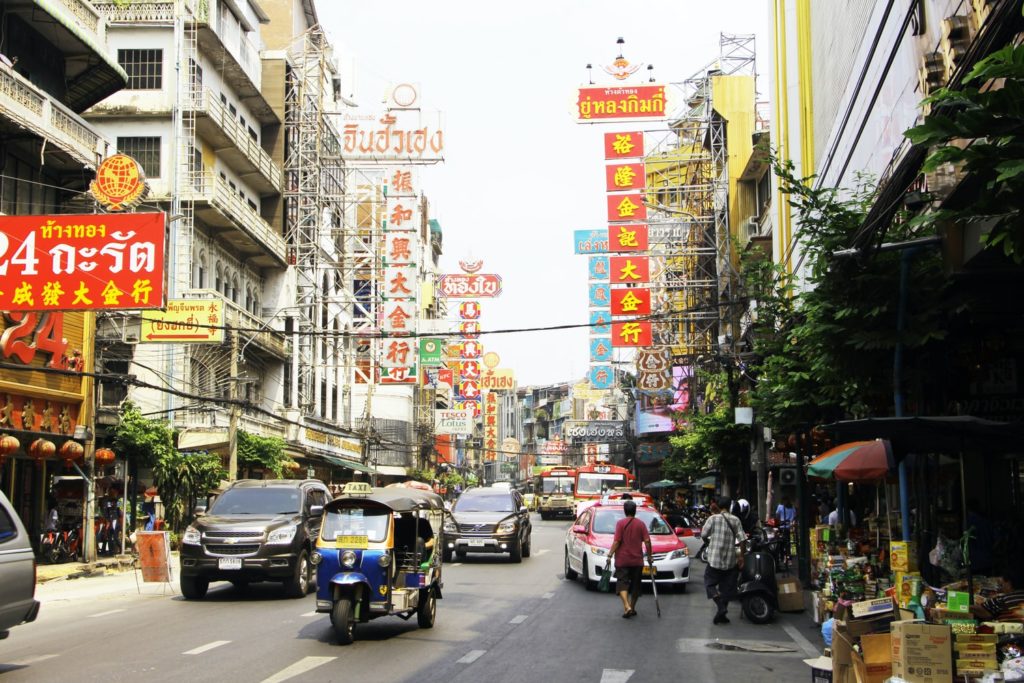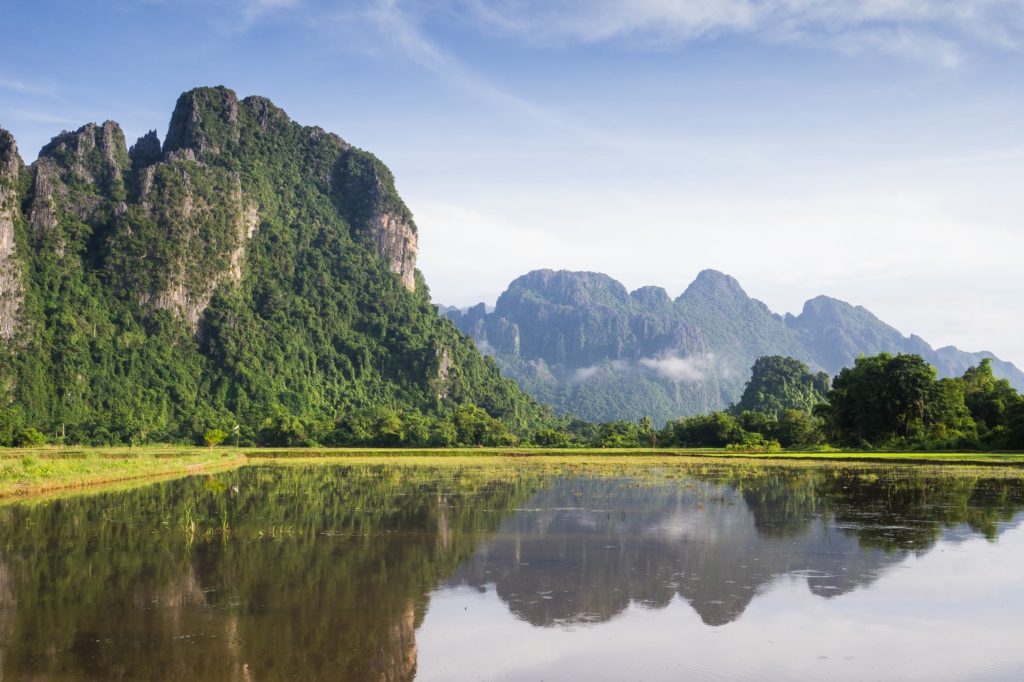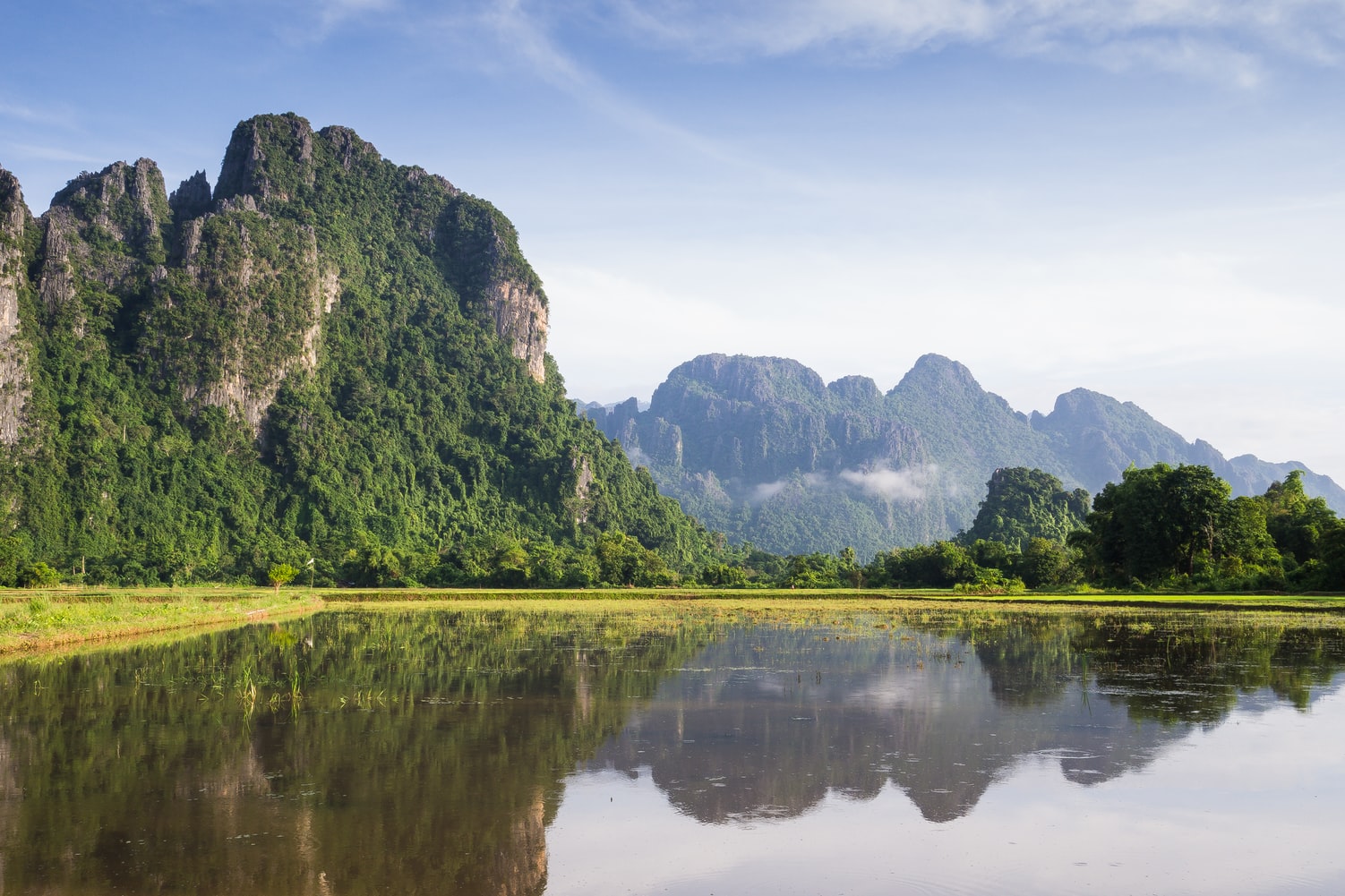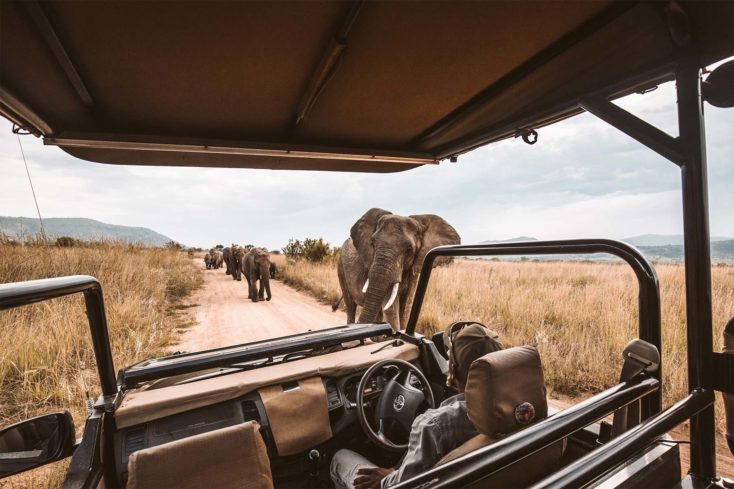The COVID-19 pandemic represents the biggest challenge that global travel and leisure has had to face.
Covid and the end of Tourism
At the time of publication, the sector has been hit hard by the introduction of restrictions on journey and an unparalleled fall in demand. In the first six months of 2020 alone, UNWTO data shows that international tourist arrivals fell by 440 thousand. This translates into lost earnings of around USD 460 billion. Notably, Asia and the Pacific, the first region to feel the impact of COVID-19 on international tourism, experienced the most critical drop with 72% less tourists visiting the region for the first 6-30 days period of 2020. Under these circumstances, mitigation measures and recovery techniques must be the priority. However, while the devastation to livelihoods caused by COVID-19 has meant significant setbacks for advancing tourism’s contribution to the SGDs, the situation also signifies a significant opportunity for both government authorities and the private sector to reassess their priorities and work together to succeed sustainability.

In Asia as well as the Pacific, steps to support the recovery of tourism throughout the region happen to be in place, plus some countries have even used further actions to induce domestic tourism demand. Tourism has lengthy proven to be an effective means of providing socio-economic opportunities for rural communities. It helps increase the attractiveness and vitality of outlying areas, mitigating demographic difficulties, reducing migration, and marketing a range of local resources and traditions whilst upholding the essence of rural life. Within the context of the COVID-19 pandemic, the role of tourism in rural development is more appropriate than ever. Tourism in rural areas provides important opportunities for recuperation as tourists look for much less populated destinations and open up-atmosphere experiences and activities. Simultaneously, urbanized societies are rethinking their connection with the neighborhoods that live in rural areas. These contacts have become nevertheless stronger due to the current situation, particularly since concerns that have arisen in many regions regarding food autonomy and supply.
This year’s pandemic has impacted societies and economies around the world. As the initially region to be impacted at the start of the year, the result on travel and leisure in Asian countries was significant. In the initially half of 2020, the region noticed 171 thousand fewer arrivals compared to the exact same period in 2019. But, as this version demonstrates, the responses to mitigate the impact of COVID-19 on destinations as well as the efforts to back up travelers have resulted in innovative measures being employed throughout the region. The situation studies presented in this version reveal the resilient nature of the travel and leisure economy. Private and general public partnerships have supported work retention and creation and skills training, SMEs, and the sustainable development of communities. Whilst efforts to rebuild the tourism industry are ongoing, there are new opportunities to advance sustainability and reemphasize tourism’s ability to contribute to the Sustainable Development Goals. In countries with a large domestic travel and leisure market, numerous destinations are seeing a rebound in household tourism. A corollary to the increased need for domestic travel is that numerous travelers nowadays are seeking out open room and more rural destinations.

Travel and leisure trends in Asia & the Pacific
The COVID-19 pandemic caused an unparalleled disruption to global travel and leisure, bringing each domestic and international visit a standstill from March 2020 onwards and activating the most severe tourism crisis on document. International tourist arrivals plunged 65Percent in the initially half of 2020,1 subsequent practically no international journey in April or Might. Asia as well as the Pacific was the first area to experience the impact of COVID-19 and is the hardest hit up to now, with a 72% drop in worldwide arrivals (immediately visitors) within the first half of 2020. European countries recorded the next strongest decrease with -66%, followed by the Americas (-55%) and Africa and the Center East (each -57%). The pandemic is also causing a serious economic crisis, with global output expected to decrease by 4.4Percent in 2020 according to the International Monetary Fund (IMF). The decline might be smaller in Emerging and Developing Asian countries (-1.7Percent), due to a faster than expected recovery in China, the only real major world economy forecast to grow in 2020 ( 1.9%). The decrease in travel during the initially half of 2020 translates into 440 million less international arrivals compared to the exact same period in 2019, along with a loss of USD 460 billion in export revenues from international travel and leisure.
Destinations and Covid-19
As of 1 September 2020, there were 28 destinations in Asia in whose borders were closed to international journey, equivalent to 64% of international arrivals in Asia and the Pacific. Only 13 destinations in the region (including five small island developing states) had eased restrictions by then. While the recovery of international tourism remains very sluggish, domestic travel and leisure slowly rebounded in big markets like China towards mid-2020, where air capacity bounced back to around 90% in July.

Prolonged scenarios for 2021 to 2024 advise a strong rebound in the year 2021 based on the idea of a reversal in the development of the pandemic, significant enhancement in tourist confidence and major raising of journey restrictions by the middle of the entire year. Nonetheless, the return to 2019 levels of arrivals could take 2½ to 4 years. Looking at previous tourism crisis shows that recuperation times vary considerably in one to another. In Asia as well as the Pacific, it took 8 months for international arrivals to return to pre-situation levels following the 2001 Sept 11th attacks, 14 months after the 2003 SARS outbreak and 13 months after the 2009 worldwide economic.
INNOFRENCH is specialised in the promotion of tourism.


